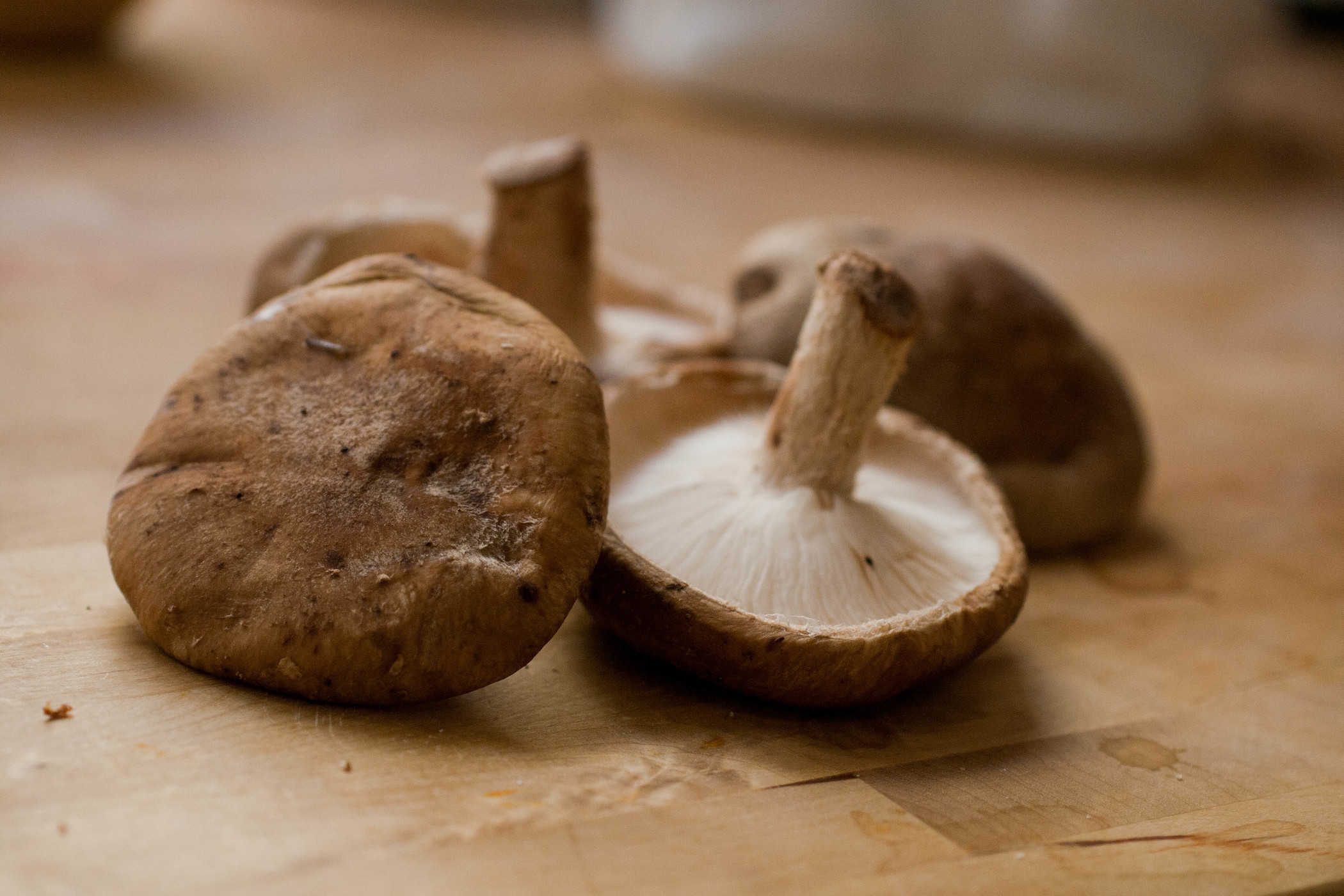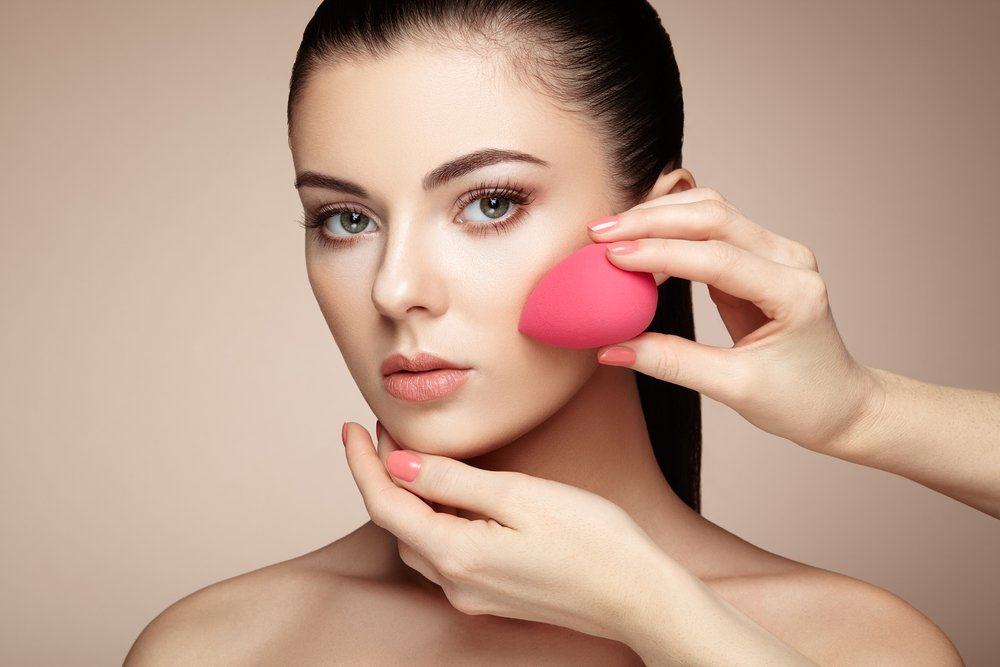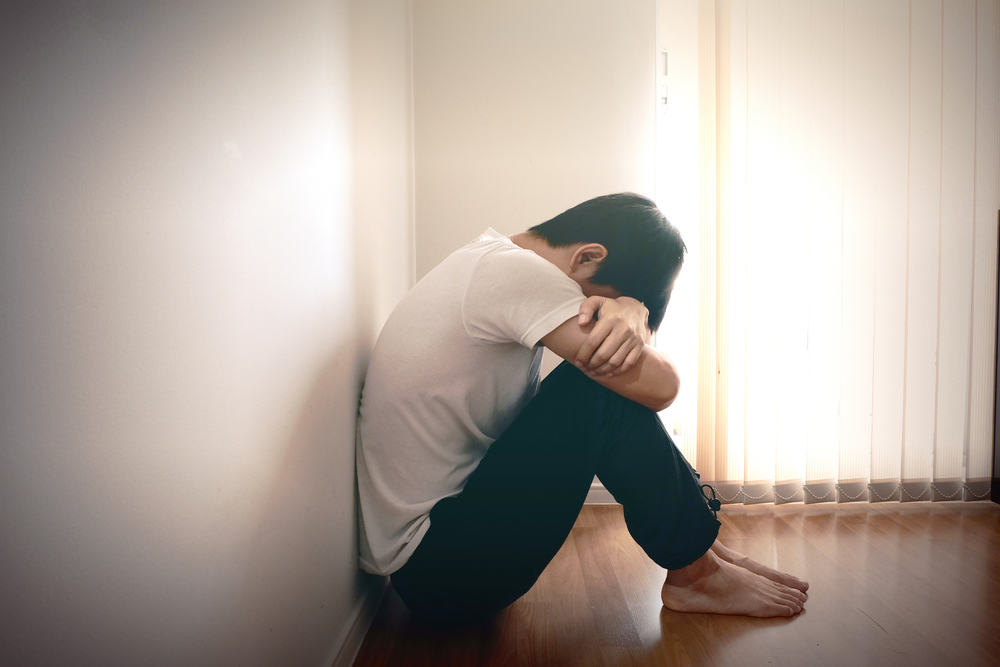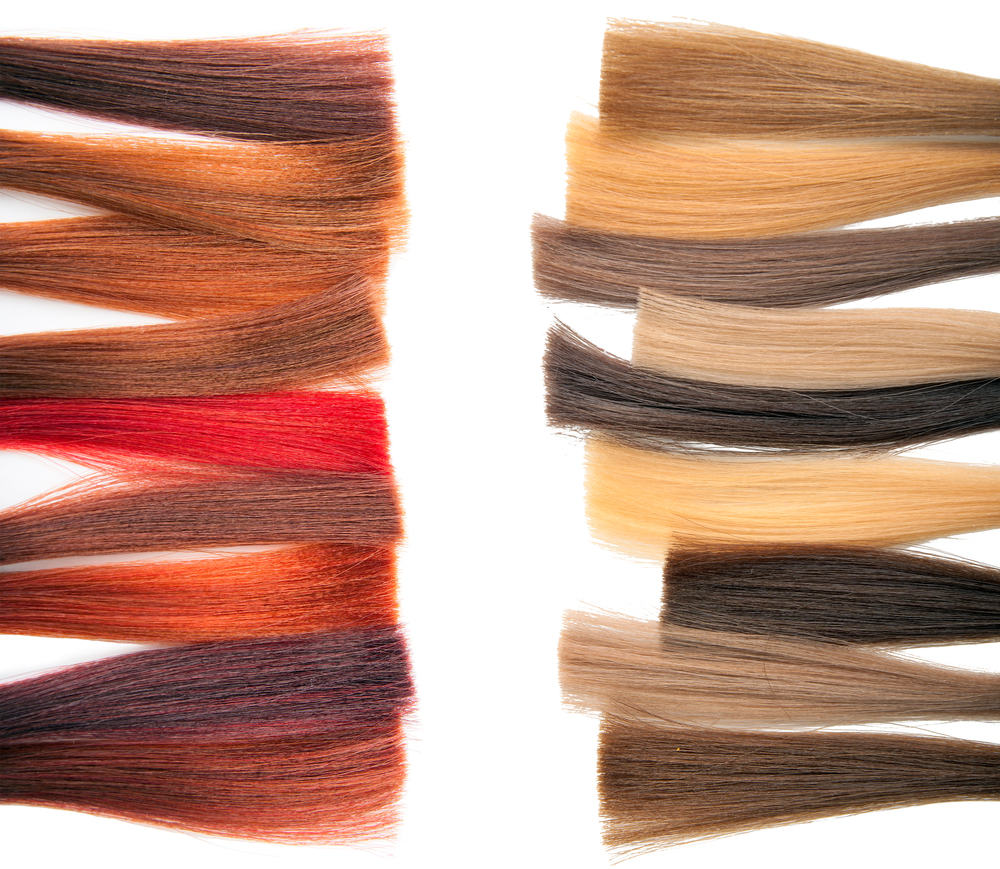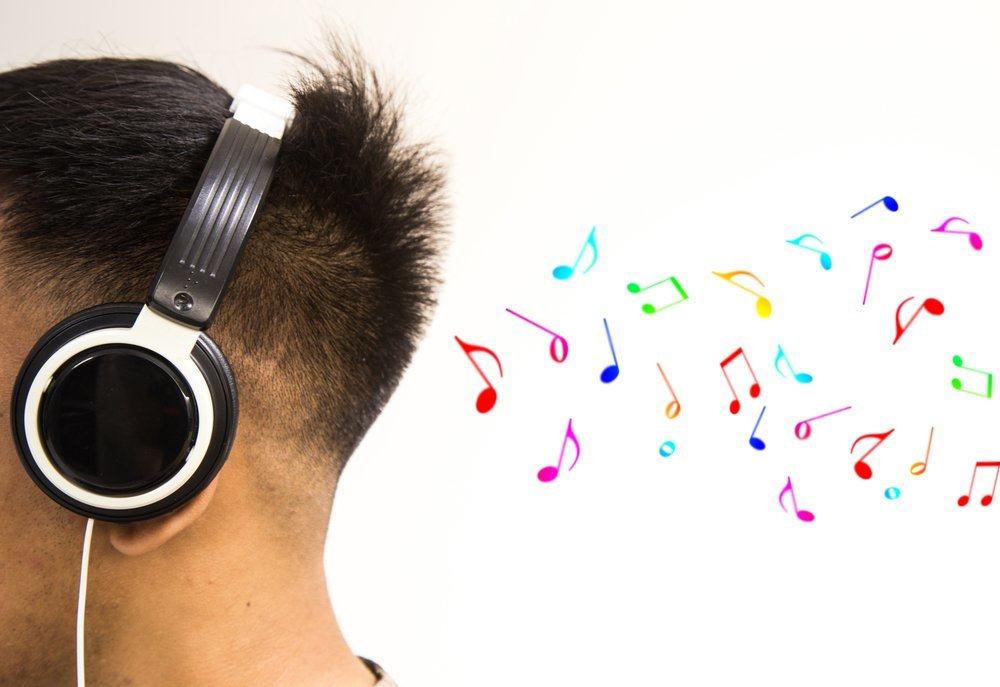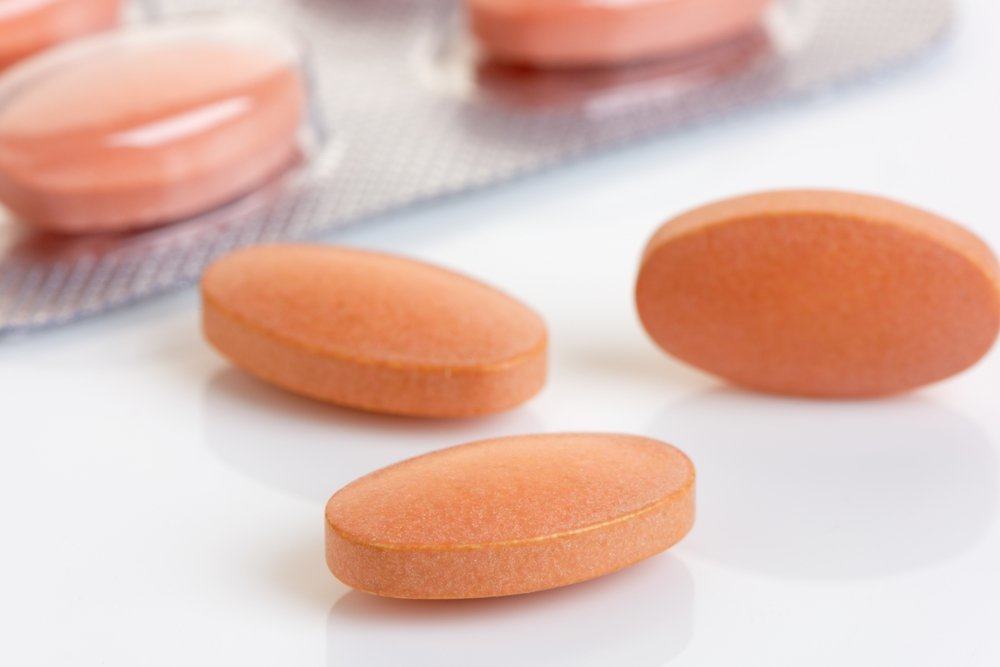Contents:
Medical Video: What is JIA? (Juvenile Idiopathic Arthritis)
When a child is diagnosed with rheumatoid arthritis, it's natural for parents to want to know everything about their child's condition. However, information about rheumatoid arthritis is very large. To help you, here are 20 facts about juvenile rheumatoid arthritis:
- Juvenile rheumatoid arthritis, also called juvenile arthritis, is divided into various types that have common symptoms.
- Juvenile rheumatoid arthritis is not a disease, but a term to describe the many autoimmune and inflammatory conditions that develop in children.
- Types of rheumatoid arthritis include juvenile dermatomyositis, juvenile lupus, juvenile scleroderma, Kawasaki disease, and mixed connective tissue disorder.
- Juvenile rheumatoid arthritis is a common condition in children under 17 years of age and is more common in women than men.
- Although the causes of rheumatoid arthritis are unknown, heredity and environment appear to play a role in the emergence of this disorder.
- As many as 294,000 American children under the age of 18 have arthritis or other rheumatic conditions.
- Juvenile rheumatoid arthritis can be treated. Children with rheumatoid arthritis can have a normal life again.
- Symptoms of rheumatoid arthritis that are experienced are stiffness, absent-mindedness, limping, high fever, rashes and swelling in the lymph nodes in the neck and other parts of the body.
- Juvenile rheumatoid arthritis can cause eye problems such as blindness and growth problems. The initial symptoms of rheumatoid arthritis in children may be characterized by loss of child development stages, such as walking ability.
- Symptoms of rheumatoid arthritis can develop without symptoms (remission) or get worse (flare-ups).
- Children with rheumatoid arthritis may be ridiculed by others who do not understand the child's condition as well as family and relatives. It is important to provide support and treat it like other healthy children. Parents and school teachers must get as much information about rheumatoid arthritis as possible.
- The diagnosis of juvenile rheumatoid arthritis is quite difficult because joint pain is a common symptom of many other medical conditions. The initial diagnosis can help the doctor determine the treatment so that the results will be better.
- To diagnose juvenile rheumatoid arthritis, doctors will perform physical examinations, child symptoms, family medical records, as well as several laboratory tests and x-rays.
- If your child has joint pain, stiffness and swelling for more than a week, you should take him to the doctor.
- Like juvenile rheumatoid arthritis in adults, rheumatoid arthritis in children can also cause bone erosion and abnormal growth in the limbs.
- Sometimes symptoms in children can improve or disappear. In some cases, these symptoms actually get worse.
- This condition is thought to be due to gene mutations that make the human body more susceptible to viruses that cause disease.
- Unfortunately, there is no cure for juvenile rheumatoid arthritis. Treatment that involves drugs, physical activity and self-care is only done to reduce inflammation and pain.
- Children with rheumatoid arthritis must be helped to regulate their emotional and social life. Involve them in social activities.
- Although it's difficult for children with rheumatoid arthritis to move, make sure they stay active. Mild exercise can control symptoms and increase the range of movement in their joints. Swimming or water sports can reduce pain.
The most important thing to remember when your child has juvenile rheumatoid arthritis is to always show support for your child. Help children manage their emotional and social life by listening to their outpouring of hearts. You can ask for understanding of the teacher and the school so as not to put too much pressure on the child. Even though it fully supports, make sure you don't become over-protective to children. Let children have the space to be themselves.
20 Facts About Juvenile Rheumatoid Arthritis
Rated 5/5
based on 1118 reviews


